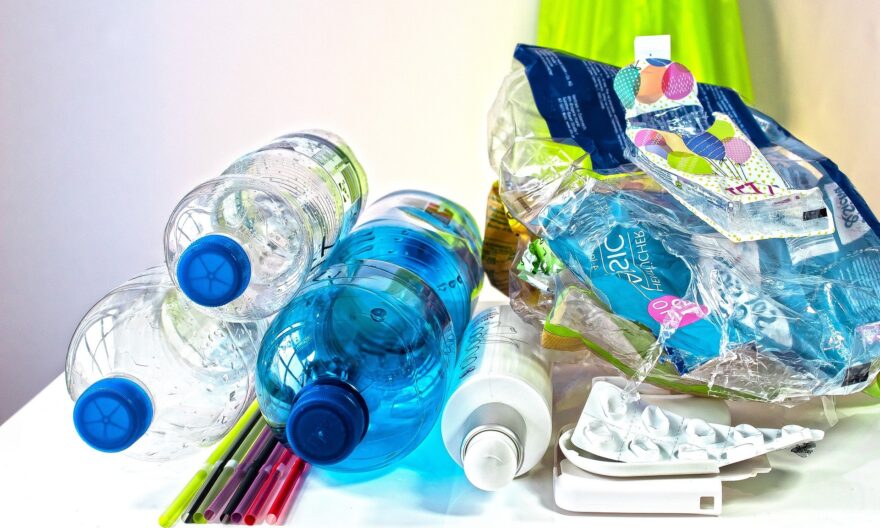
The environmental impacts of plastic have been a concern for many years. Plastic bottles, packaging, and bags are among the billions of items that are used once and then thrown away.
Plastic often ends up in the oceans, damaging marine wildlife. Another issue is that plastic can take years to decompose, and toxic chemicals can be released into the soil in this process.
In a bid to reduce the negative effects of plastic consumption, the London School of Economics has carried out an analysis of which companies produce the most plastic globally.
The study looked at the factories that make polymers used to make plastic for single-use products. These companies are at the start of the supply chain.
After assessing this information, the researchers found that 20 petrochemical companies were the source of 55% of the raw materials used in all the world’s plastic waste.
The report says that US-based ExxonMobil is the biggest producer of single-use plastic. The other companies on the list were: Dow, Sinopec, Indorama Ventures, Saudi Aramco, PetroChina, LyondellBasell, Reliance Industries, Braskem, Alpek SA de CV, Borealis, Lotte Chemical, INEOS, Total, Jiangsu Hailun Petrochemical, Far Eastern New Century, Formosa Plastics Corporation, China Energy Investment Group, PTT and China Resources.
In addition to this, the study looked at which countries consumed the most plastic and created the most waste, with the US and Australia topping the list in consumption.
However, this study, instead of only consider how much plastic is consumed by the public or which companies use it with their packaging, focuses on how it flows through the supply chain.
These companies start the chain by making the raw ingredients, before it’s sold to retailers, manufacturers, and ultimately consumers.
This highlights the fact that the future of how the plastic waste crisis is handled is in the hands of a very small group of companies. For regulators and environmental groups, this could be used as a point of leverage to influence them to produce recycled plastic instead.



